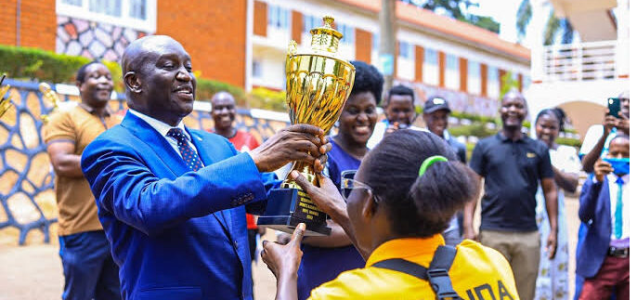World Netball has unveiled sweeping format changes for the upcoming Netball World Cup 2027 (NWC2027), designed to enhance competitiveness, fairness, and fan engagement across all participating nations. Key among these updates is the introduction of distinct Cup and Plate competitions, more equitable seeding, and a unified venue for all matches. The qualification pathway remains unchanged, with the top five world-ranked teams as of December 1, 2025, plus hosts Australia, qualifying automatically, while ten additional spots will be decided through five regional qualifiers between January and September 2026. For emerging netball nations like Uganda, this revised format presents a greater opportunity to shine on the global stage.
The new competition structure ensures that all 16 qualified teams will compete in three distinct phases, with every match played in a single world-class venue. After the initial group stage, the top two teams from each pool will progress to the Cup phase, competing for the championship title, while the bottom two will advance to the Plate phase, competing for positions 9 through 16. This means even teams that fall short of the main title race will still play meaningful matches that determine global rankings, offering valuable experience and exposure for nations still building their competitive edge, such as Uganda.
This shift is not only a win for global inclusivity but also a significant motivator for Uganda’s domestic netball system. The Uganda Netball Super League has become more intense and competitive, as seen in recent fixtures where NIC handed Uganda Christian University (UCU) Angels their first defeat of the season. UCU still tops the table with 12 points from seven games, closely followed by KCCA (11 points) and NIC (10 points with a game in hand). The league’s increasing competitiveness reflects the growing talent pool and strategic ambition to develop players capable of performing on the world stage.
With all World Cup matches now guaranteed to be played and televised, whether for the Cup or Plate—the pressure and incentive for countries like Uganda to qualify has increased. The new format will likely push domestic teams to intensify training, talent development, and tactical preparation. Players who shine in local clubs such as UPDF, Police NC, and Dynamite Academy will have clearer pathways to represent the She Cranes, Uganda’s national team, with the possibility of achieving tangible success at the World Cup regardless of initial seeding.
Overall, the Netball World Cup 2027 reforms align with Uganda’s rising netball aspirations. The country’s passionate fan base, deepening league structure, and hunger for international visibility make it a potential beneficiary of the tournament’s inclusive and competitive approach. By embracing these changes, Uganda can solidify its status as a formidable presence in African and global netball, using both local league growth and international exposure to foster long-term success.


